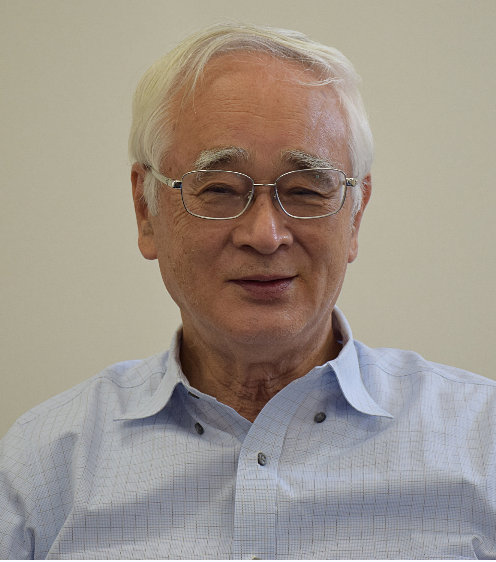
Prof. Toyoki Kozai
Japan Plant Factory Association, Japan
Title: Design Principles of sustainable plant factories with artificial lighting (PFALs)
Abstract:
This presentation discusses the basic design principles of the
cultivation room of a plant factory with artificial lighting (PFAL),
mainly based on its material and energy balance and the
eco-physiological characteristics of the plant community. In an
airtight and thermally insulated cultivation room, the rates of resource
supply, product and waste outputs, and environmental factors can be
accurately measured. Then, hourly rates of net photosynthesis and
transpiration of plants can be accurately estimated. Further, resource
use efficiency (RUE) and resource productivity (PR) can be calculated
online for each resource element, such as electricity, water, CO2,
working hours, and cultivation area. The above features of PFAL are
beneficial to improving the RUE and PR successively. The RUE and PR can
be further improved by introducing nondestructive plant phenotyping
(trait measurements) using various types of multiple cameras (sensitive
to ultraviolet, visible, far-red, near infra-red, and/or infrared
radiation), simulation using artificial intelligence (AI), statistical,
and mechanistic models, and three-dimensionally uniform distribution of
environmental factors inside the plant community. Then,
energy-autonomous PFAL operated by electricity generated by local
natural energy only can be realized.
References
1)Kozai, T., Fujiwara, K. and Runkle, E. (eds.) (2016) LED lighting for urban horticulture, Springer, 453 pages
2)Kozai, T. (ed.) (2018) Smart Plant Factory, Springer, 456 pages.
3)Kozai, T., Niu, G. and Takagaki, M. (eds.) (2020) Plant Factory: An
indoor vertical farming system for efficient quality food production,
Elsevier Press, 487 pages.
4)Kozai, T., Niu, G. and Masabni, G. (eds.) (2021) Plant Factory: Basics, applications and advances. Elsevier, 449 pages.
5)Kozai, T. and Hayashi, E.(eds.) (2022) Advances in Plant Factories:
New Technologies in Indoor Vertical Farming. Burleigh Dodds Scientific
Publishing (in press)
Biography:
Obtained a Ph.D. degree from the University of Tokyo. Worked on
greenhouse light environments, energy savings, ventilation, computer
control, knowledge engineering, in vitro environment control,
autotrophic micropropagation, closed transplant production systems, and
plant factory with artificial lighting or vertical farming. After
serving as Dean of the Faculty of Horticulture, served as the president
of Chiba University. After retirement, worked as a professor emeritus on
medicinal plant production. From 2010 to 2017, worked at the Japan
Plant Factory Association (JPFA). Since 2017, he has been the honorary
president of JPFA. Selected awards: Friendship award from the Chinese
Government (2002). Lifetime Achievement Award from the Society of In
Vitro Biology. The Purple Ribbon Award from the Japanese Ministry of
Education, Culture, and Sports. Japan Prize of Agricultural Sciences
from the Association of Japanese Agricultural Scientific Societies. The
Award ‘The Order of the Sacred Treasure, Gold, and Silver Star’ from the
Japanese Government. Publications in English: Published more than 300
refereed papers, about 100 book chapters, and twenty books, including
“Plant Factory: an indoor vertical farming system for efficient quality
food production’ published in 2015 by Academic Press, ‘LED lighting for
urban agriculture in 2016, and ‘Smart plant factory’ in 2018 by
Springer. “Plant Factory: Basics, applications and advances” in 2021.